Flags will remain at half-mast until agreement is reached with Indigenous leaders: Trudeau
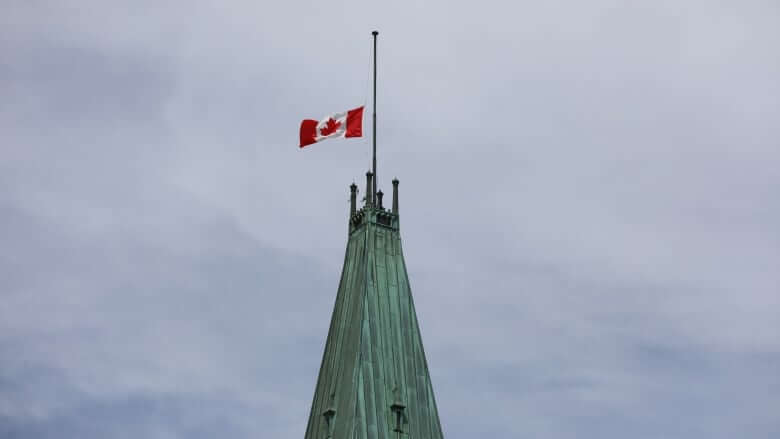
Liberal Leader Justin Trudeau said he plans to keep Canadian flags on federal buildings at half-mast in honour of the residential school students who never came home until Indigenous communities and their leaders decide it’s appropriate to raise them again.
“I think Canadians have seen with horror those unmarked graves across the country and realize that what happened decades ago isn’t part of our history. It is an irrefutable part of our present,” Trudeau said.
The flags on all federal buildings were lowered on May 30 following the discovery of hundreds of unmarked graves at the site of the former Kamloops Indian Residential School in British Columbia.
The decision to return the flags to full mast would be made by the prime minister on the advice of the Department of Canadian Heritage and recommendations from the Clerk of the Privy Council, said Canadian Heritage spokesperson Daniel Savoie.
Trudeau said that while Indigenous communities have known for a long time that their children were taken away and never returned, other Canadians have now “woken up” to that fact.
“So when we decided to bring down … those flags to half mast, we made the commitment that we would not raise them again until we have worked enough with Indigenous communities and leadership to make a clear determination that it was time to raise them again and continue the hard work of reconciliation,” he said.
“Unlike [Conservative Leader Erin] O’Toole, who will do it whenever he feels like it, I will continue to put reconciliation with Indigenous peoples in the hands of Indigenous peoples.”
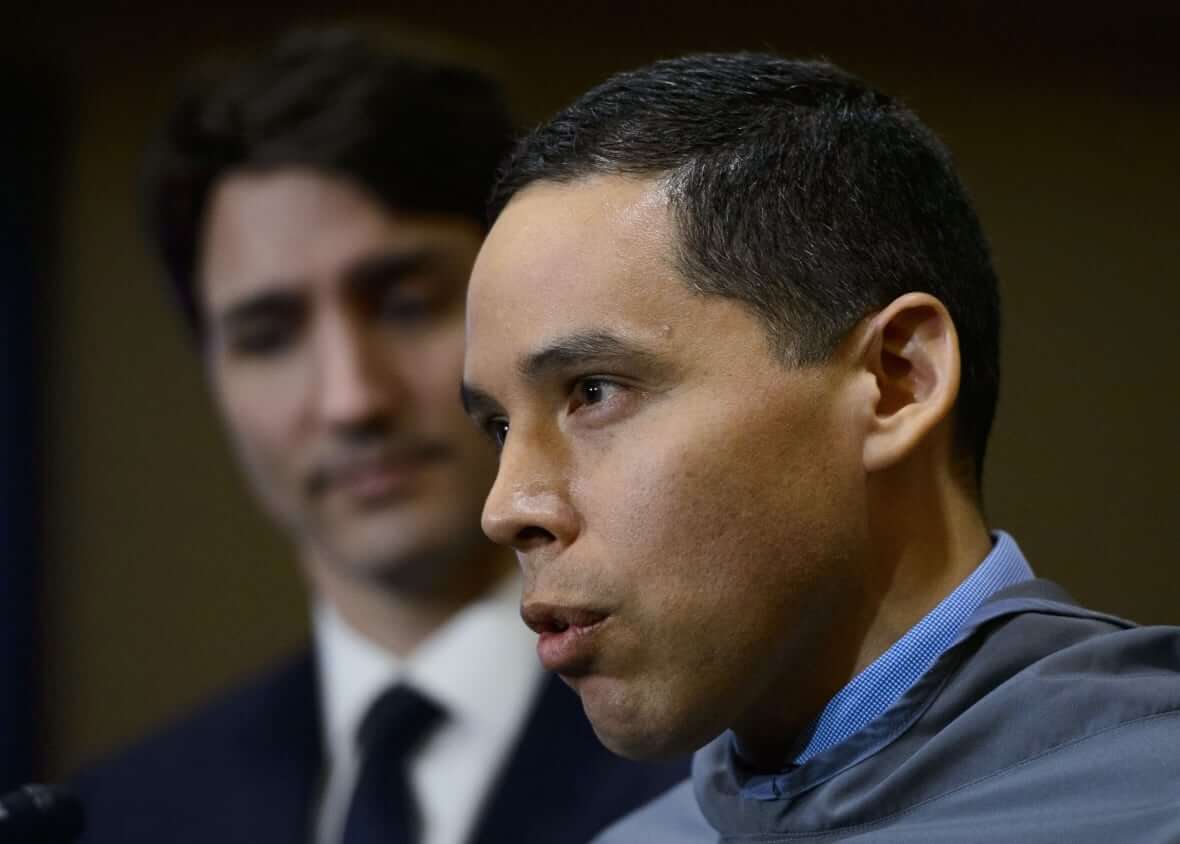
Trudeau’s decision is in line with what the national leaders of the Inuit, Métis and First Nations have requested.
“We are still in the midst of a discovery that should shock the nation and that should be a source of national grieving,” said Natan Obed, president of the Inuit Tapiriit Kanatami.
“I hope that every Canadian can internalize this shocking truth that some children who went to school never came home and were buried in front of the schools without any notification of their parents, their loved ones, the next of kin. That happened and it happened in a systemic way across this country for well over 100 years.”
‘A politicized debate over the bodies of … children’
The question of when the flags should be raised again emerged during last night’s English-language leaders debate.
O’Toole said he sees raising the flags again as a symbol of Canada’s commitment to reconciliation.
“As prime minister on the national day of reconciliation, September 30, I will raise the flag with the commitment to move forward on calls to action,” O’Toole said during the debate.
Obed said the fact that the issue has become a political football is “quite disturbing.”
Marie Wilson, one of three commissioners of the Truth and Reconciliation Commission (TRC), said all acts of reconciliation need to be seen as non-partisan.
“That is actually a form of irreverence to have a politicized debate over the bodies of these children and the markers that we have to remember them,” Wilson said.
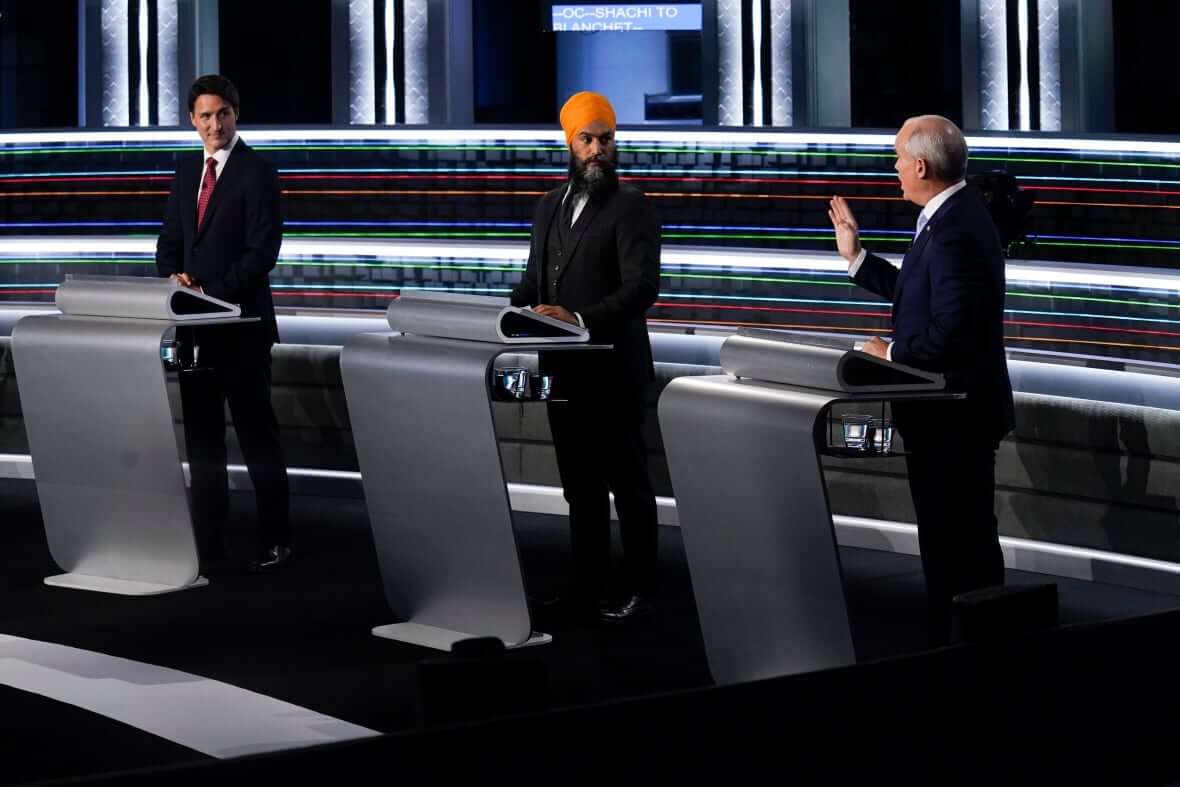
Wilson welcomed the federal government’s decision to lower the flags as a way of raising awareness among non-Indigenous Canadians about residential schools.
The risk, she said, is that people might stop noticing that the flags have been lowered.
“If you stop noticing, that loses its value,” Wilson said.
Keeping the flags at half-staff also might make it difficult for the federal government to honour other significant individuals or events, Wilson said.
“How will we mark them if the flags are already lowered?” she said. “Will that be less of a moment or will that be just seen as a continuum?”
Build the monument, says former TRC commissioner
Lowering flags was not among the TRC’s Calls to Action. The TRC’s commissioners made other recommendations on commemoration that have not yet been fulfilled.
In their calls to action 81 and 82, the commissioners called on the federal government to establish a national monument in Ottawa and urged provincial governments to do the same in their capital cities.
“That would be something that would be a living reminder and somewhere where people would be able to gather,” Wilson said.
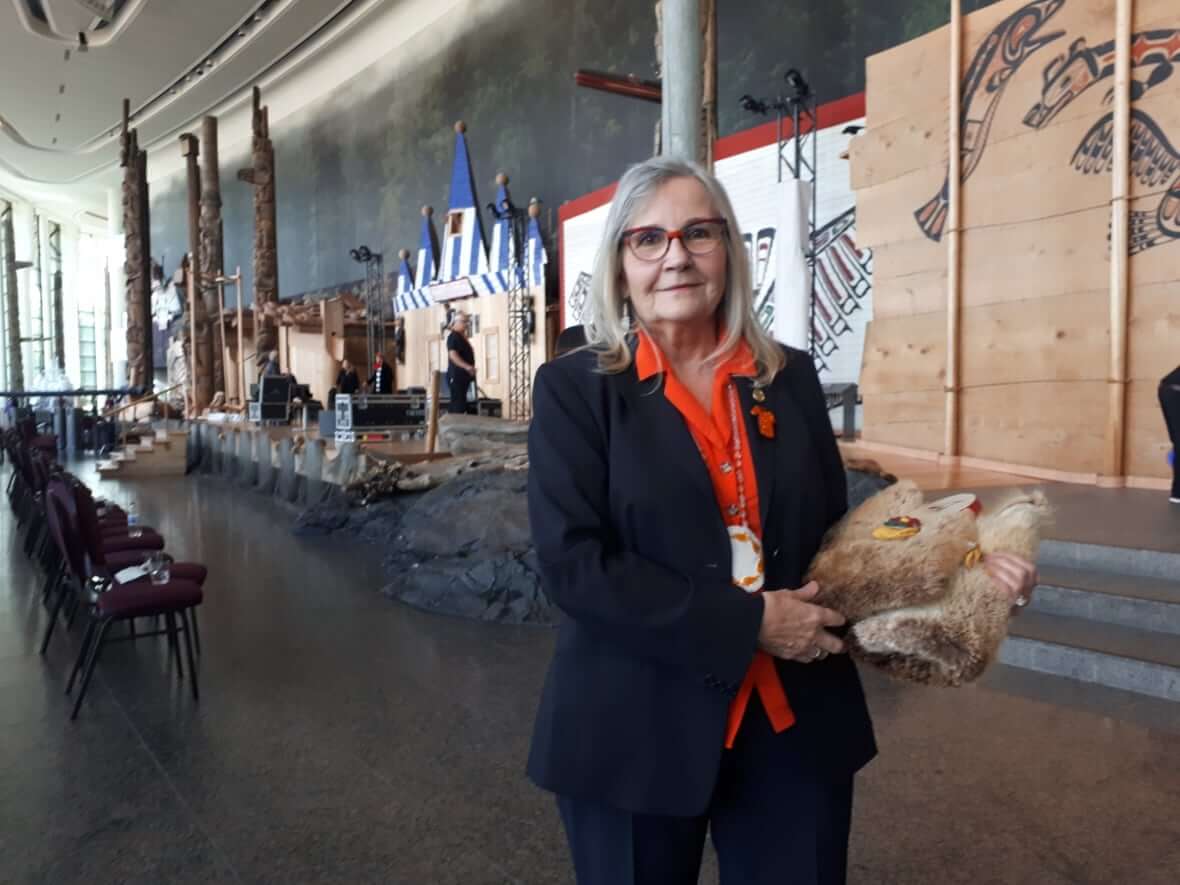
She said the flags should remain lowered until at least the first National Day for Truth and Reconciliation, set for Sept. 30.
“A gesture like that only has value if it is the marking of something that we are pledging to remember and not to forget,” Wilson said.
“The lowering of a flag is not the only way to do that.”


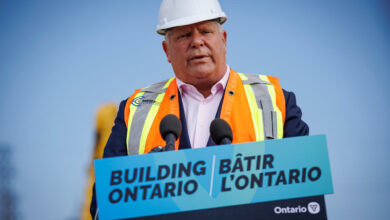
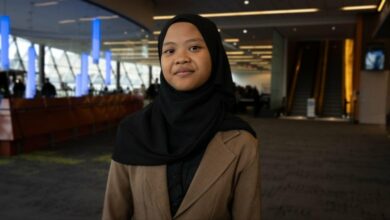
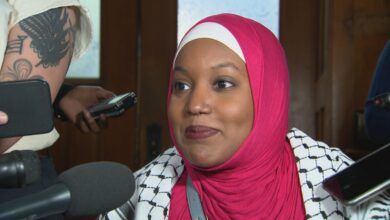
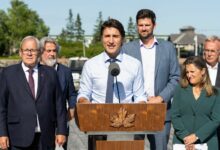


Redes Sociais - Comentários